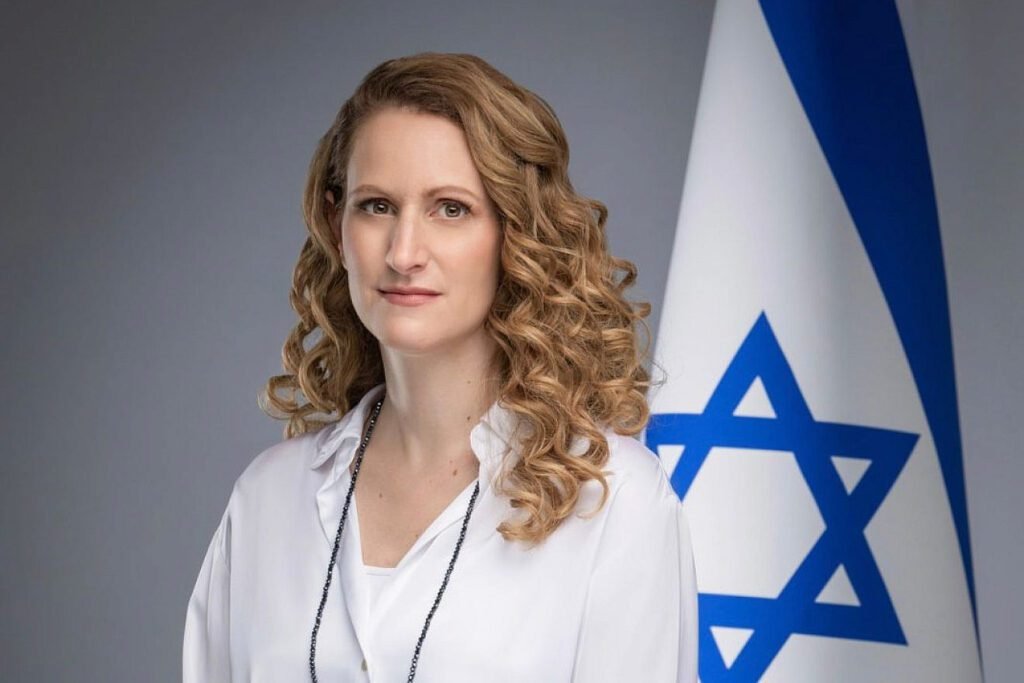The diplomatic relationship between the United Arab Emirates (UAE) and Israel has continued to flourish since the historic signing of the Abraham Accords in 2020. While the partnership may not always make headlines, its strength is evident in the steady expansion of trade, technology collaboration, cultural exchange, and geopolitical cooperation. Despite global challenges and regional complexities, the UAE-Israel relationship remains as strong as ever, demonstrating the resilience of diplomatic ties built on shared interests and mutual economic benefits.
A Landmark Agreement with Lasting Impact
The Abraham Accords, brokered under U.S. mediation, were a game-changer for Middle Eastern diplomacy. The UAE became the first Gulf nation to normalize ties with Israel, paving the way for broader regional engagement. This normalization not only established diplomatic channels but also unlocked vast opportunities across multiple sectors. Since then, bilateral trade, joint investments, and technological partnerships have significantly increased.
Growing Economic and Trade Relations
Economic cooperation remains one of the strongest pillars of the UAE-Israel relationship. In just a few years, trade between the two nations has surged, reaching billions of dollars annually. The UAE has become Israel’s largest trading partner in the Arab world, with industries such as energy, agriculture, artificial intelligence, cybersecurity, and finance benefiting from the partnership. In 2022, both countries signed a Comprehensive Economic Partnership Agreement (CEPA), further easing trade barriers and strengthening economic ties.

Israeli companies have found an attractive market in the UAE, while Emirati firms have seized opportunities in Israel’s innovation ecosystem. Joint ventures in agritech and water desalination have been particularly fruitful, given the shared need for sustainable solutions to environmental challenges.

Collaboration in Innovation and Technology
Israel, known as the “Startup Nation,” and the UAE, a global hub for business and technology, have found synergy in fostering innovation. The two nations have collaborated on several technological projects, particularly in artificial intelligence, healthcare, and renewable energy. Notable Israeli companies have set up offices in Dubai and Abu Dhabi, contributing to the UAE’s push to become a leader in future-focused industries.
Moreover, academic institutions and research centers in both countries have formed partnerships to drive advancements in medicine, fintech, and space exploration. These collaborations showcase a long-term commitment to strengthening knowledge-based industries.
Tourism and Cultural Exchange Flourish
One of the most visible aspects of the UAE-Israel relationship is the booming tourism industry. Direct flights between Dubai, Abu Dhabi, and Tel Aviv have led to a surge in travel, with thousands of Israeli tourists visiting the UAE and vice versa. The UAE has positioned itself as a welcoming destination for Israeli travelers, offering cultural experiences, luxury tourism, and business networking opportunities.
In the realm of cultural exchange, both nations have taken steps to promote mutual understanding and respect. Events showcasing Israeli and Emirati art, music, and cuisine have contributed to a growing sense of familiarity between the two societies. Additionally, the Abrahamic Family House in Abu Dhabi stands as a symbol of religious tolerance, further reinforcing the spirit of coexistence championed by the UAE.
Strategic and Security Cooperation
Beyond trade and tourism, security cooperation has become a crucial aspect of UAE-Israel ties. Both countries share concerns over regional threats, including cybersecurity risks and geopolitical instability. Intelligence-sharing and joint defense initiatives have been quietly strengthening, with both governments recognizing the value of collaboration in countering common security challenges.
The UAE and Israel have also been aligning their diplomatic efforts on key global issues, including climate change and food security. Their participation in international forums highlights their commitment to addressing global challenges through partnership and dialogue.
Challenges and the Path Forward
While the UAE-Israel relationship has grown significantly, it has not been without challenges. Regional geopolitics, public sentiment, and external pressures from other Middle Eastern nations continue to pose potential hurdles. However, both governments have remained committed to their diplomatic and economic engagements, prioritizing long-term stability over short-term fluctuations.
Moving forward, the relationship is expected to deepen further as both nations explore new avenues of cooperation. The expansion of trade agreements, increased diplomatic exchanges, and continued collaboration in emerging industries will likely solidify the partnership in the years to come.
Conclusion
The UAE-Israel relationship, though not always in the spotlight, remains as strong as ever. Built on economic synergy, technological collaboration, and strategic cooperation, this partnership is a testament to the power of diplomacy in fostering peace and prosperity. As both nations continue to invest in their shared future, the quiet strength of their relationship will undoubtedly shape the evolving landscape of Middle Eastern geopolitics and beyond.
Do follow Uae stories for more Updates
Why Patients Are Rushing to This UAE Hospital for World-Class Treatment!













